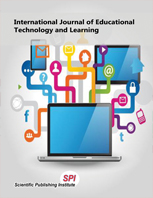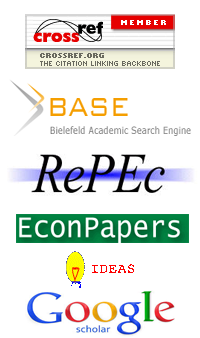Parent’s Commitment is the Gateway to a Child’s Academic Success
DOI:
https://doi.org/10.20448/2003.21.25.31Keywords:
Parents, Teachers, Children, Commitment, Deliberate effort.Abstract
The author sought for information about parents of predominantly illiterate communities in relation to their perceptions and involvement toward their children’s academic performance and success, but found very little literature. However, the literature reviewed showed that success in school among children of all family types or background depend on commitment and deliberate efforts on the part of parents to inculcate discipline and good study habits in their children. The startling numbers of illiterate parents in the world today, necessitate efforts to get them involved in their children’s academic performance. The literature reviewed revealed that illiterate parents are capable of supporting their children to succeed in school by: establishing high expectations for their children; communicating with teachers when they have a question or concern; insisting on good attendance; providing a quiet time and place in their home for study; insisting that their students accept responsibility for their learning and conduct. In addition, parents should attend school meetings and events; discuss school activities at home and; be a source of guidance and counseling for their children that may lead them to achieve their aspirations. In this regard, no parent should be left behind. All should be encouraged to get involved in the success of their children’s education. This material hopes to be relevant to parents, teachers, school administrators, and other stakeholders of education, who have the mandate to build human capital in the society.


